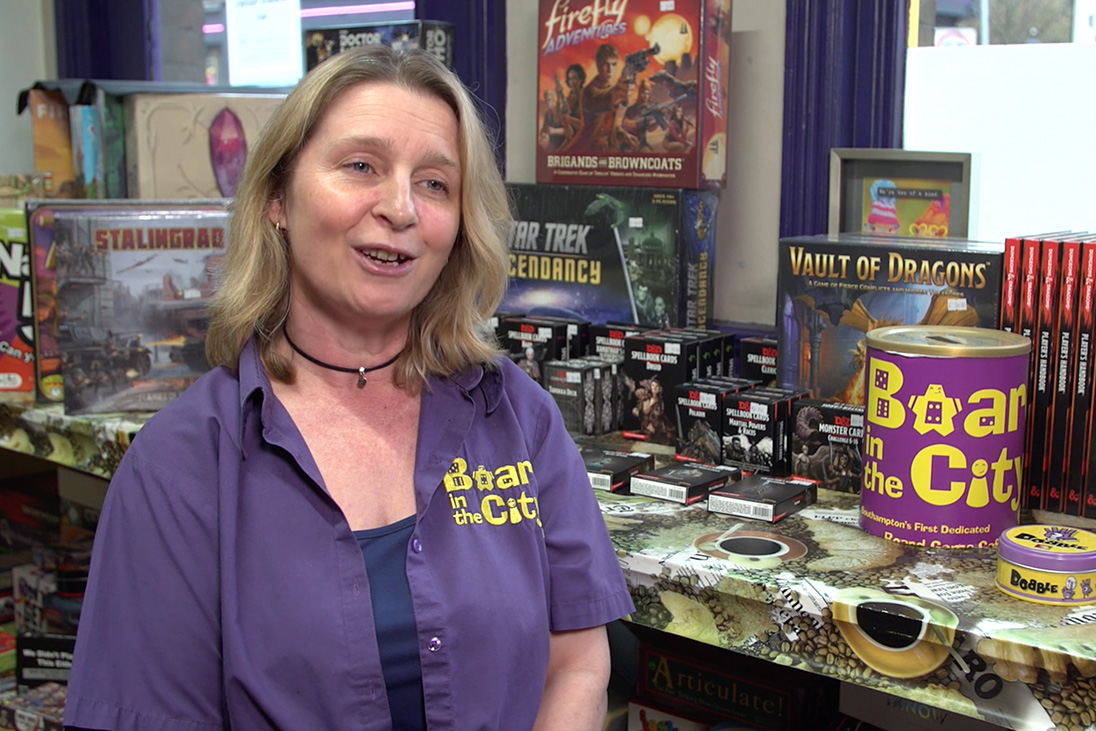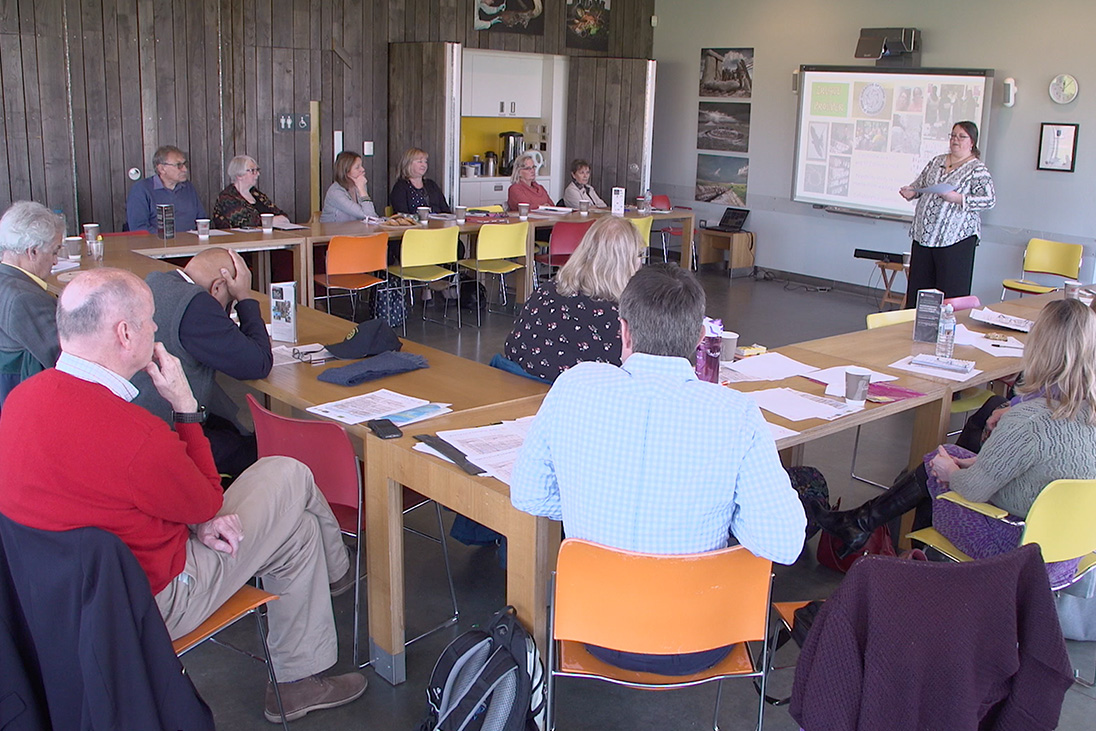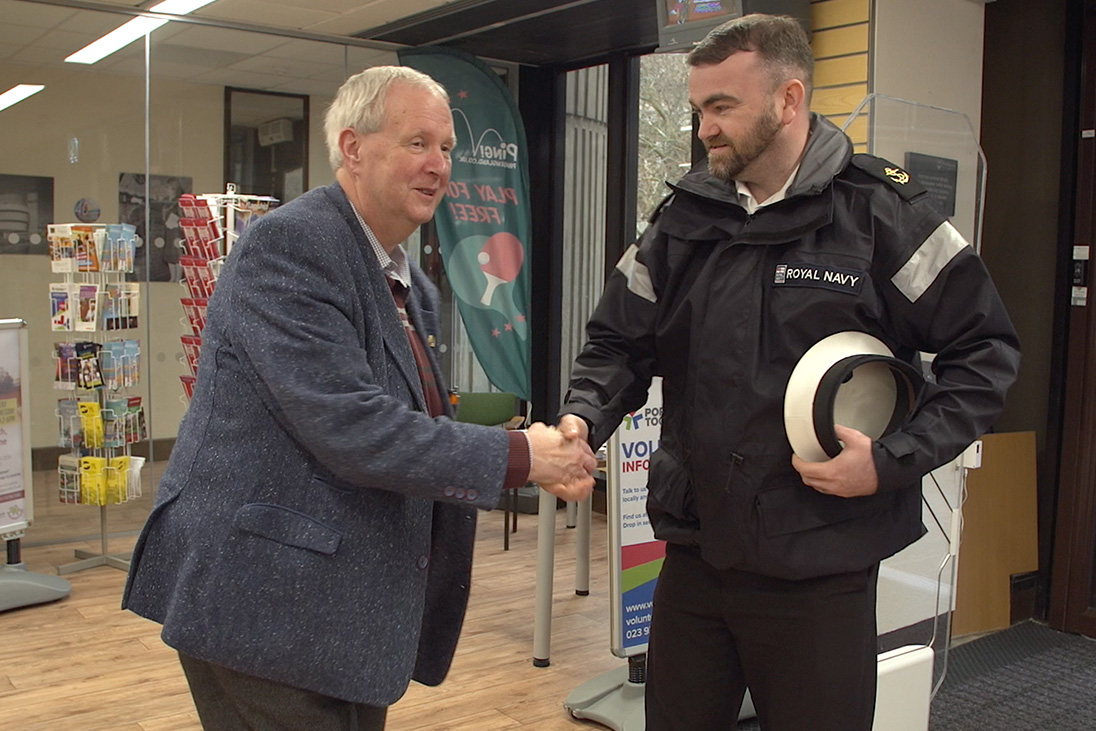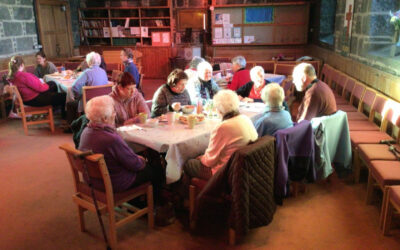To mark the start of the new Rotary year, we caught up with Tim Mason, the architect of a brand new model of Rotary which has truly embraced innovation, so much so they’ve even put it in their name.
Since its inception around 18 months ago, the concept has gained serious traction, engaging hundreds of new members for the club based in South East Hampshire.
“Our group is called Rotary Social Innovation. We’re different in the sense that we’re trying to attract people in who want to build sustainable communities,” explained Tim.
“We’re getting social enterprises involved, charities involved, businesses involved and then trying to get them to collaborate so that we work together to do this with the community.”
Although a new format, fundamentally the concept of Rotary Social Innovation is rooted in the ideals that Rotary was founded upon over a century ago and is building on what the organisation has been doing ever since.
“I think Rotary has been an innovative organisation since it started. We’ve always been about connecting and working together to put ideas into practice.”
“I think we’ve got into the traditions and Rotary has forgotten where it came from – supporting social change and at its heart, the idea of social innovation is about building sustainable communities.”
But what do we mean when we say ‘sustainable communities’?
The funding for tackling issues, be it knife crime or homelessness, is being lost.”
“It’s about looking at the systemic problems and needs in our communities, be it knife crime, alcoholism or homelessness, and asking ‘what are the solutions that we can do together?’”
“The funding for tackling these issues is being lost, whether it is from charities, local authorities or the NHS. The money is drying up, and that is where social enterprises come in.”
Social enterprises, whose founders are known as social entrepreneurs, are at the core of the group that Tim has created.
Social enterprises are businesses, who still run to make a profit, but are focused on bringing community and societal benefits through their operations.
“We can get ideas to solve these societal problems, turn them into a business to deliver the solutions we need, while enabling those social entrepreneurs to make a profit.”
One of the social entrepreneurs who has get involved in the programme is Hayley Binstead, Managing Director of Board in the City, a board game café based in one of the most deprived areas of Southampton.
“We have become an associate member of Rotary through the Social Innovation programme,” explained Hayley.
“Rotary gives us a broader range of places where we can network. We’re just two mums trying to put right something in this world that is lacking, in the fact that there are service cuts. There’s a lack of support for people with mental health issues, maybe a lack of safe venues in the city.”
“I’ve got testimonials from people who have said Board in the City has saved their life, and that’s really humbling. It’s quite phenomenal and not something we set out to do.”


Hayley Binstead founded Board in the City in one of the most deprived areas of Southampton in response to the lack of safe spaces in the city.
Supporting social enterprises is something of a virtuous circle with social entrepreneurs seeing their businesses grow and thrive, all while the individuals using the business’ service and the wider community benefit.
The method of associate membership, a ‘try before you buy’ style option to get involved in Rotary, has proved extremely popular.
Rotary gives us a broader range of places where we can network.”
“We’ve had between 100 and 150 people join us as associate members for a spell of around a year.” Tim continued.
“They’re now being turned into full members, and we use those 12 months of associate membership to get people really keen and really understanding Rotary first.”
Rotary Social Innovation has run three ‘Unpacking Social Enterprise’ workshops in Winchester, Portsmouth and Stonehenge which are used to educate the community about the concept and spread the word among Rotary clubs keen to replicate the model in their own areas.


Rotary Social Innovation’s ‘Unpacking Social Enterprise’ days include round table discussions and learning exercises to help educate existing social entrepreneurs and the community as a whole.
“Even if clubs are not ready to take this plunge, the more traditional clubs still have a part to play. It’s about collaborating as a cluster of clubs in an area to bring this to life.
“Here in Hampshire, the members of traditional clubs have volunteered their time as mentors to fledgling social entrepreneurs. Many of them have business experience and skills they’re keen to share and pass on.”
I think Rotary has been an innovative organisation since it started. We’ve always been about connecting and working together to put ideas into practice.”
Away from their business activities, being part of the group has had a profound impact on the members personally, particularly in combatting loneliness and promoting inclusivity.
Stephen Burke, a leading hand in the Royal Navy on board HMS Nelson is one of those people.
“In this country we seem to have this weird thing where we just discard people and we allow them to go and live in their own little lives and we’re too busy to realise people are living on their own,” said Stephen.


Tim Mason (left) greets fellow member Stephen Burke to Rotary Social Innovation’s meetings, which take place monthly at a social enterprise coffee lounge.
“I can quite easily sit in my cabin all week and not see another human being once I finish work but actually through Rotary Social Innovation I’ve been able to network with people and I find out that actually there are things I can do with my time.”
“There are people out there isolated and because they just don’t know what’s available to them.”
As the idea has grown since its inception, Tim is now in discussions with The School for Social Entrepreneurs (SSE), a leading charity helping around 1,000 people each year in starting, scaling and strengthening organisations that make a positive difference, to take the concept even further.
If you’d like to find out more about bringing the Rotary Social Innovation concept to your local community, get in touch with Tim Mason.
View and download extended versions of the two films featured in this article to hear even more about Rotary Social Innovation and social enterprise:
- Introducing Rotary Social Innovation – view or download (Size: 607MB)
- Unpacking Social Enterprise – view or download (Size: 596MB)










